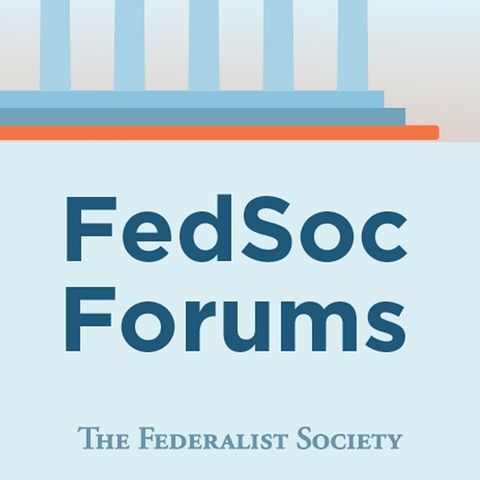In Currier v. Virginia, Justice Gorsuch, writing for a 5-4 majority, held that where a criminal defendant elects to sever charges into multiple trials, he cannot, after acquittal at the first trial, argue that the Double Jeopardy clause precludes the second trial from occurring. In Currier, the government charged the defendant with burglary, grand larceny, and felon in possession of a firearm. All three charges arose from an alleged home invasion, in which the government argued the defendant participated. Consistent with a Virginia state rule, the defendant and government jointly moved to sever the felon in possession charge from the other counts to avoid undue prejudice to the defendant. Despite acquittal on the burglary and grand larceny charges, the government opted to follow-through with a second trial on the felon in possession count, even though to convict, the second jury would have to conclude that the defendant participated in conduct for which the first jury acquitted him. While emphasizing that the Double Jeopardy Clause protects re-litigation of offenses (as opposed to issues), the Court concluded that the defendant's consent to severance ended the analysis. Justice Kennedy, who provided the decisive vote, wrote a concurring opinion saying further analysis was unwarranted in this case. Justice Gorsuch, joined by Chief Justice Roberts and Justices Alito and Thomas, went further, however, in a part of the opinion which Justice Kennedy did not join, addressing the dissent's opinion (written by Justice Ginsburg) head on and laying out the dangers of importing civil issue preclusion principles into criminal law through the Double Jeopardy Clause. According to the dissent, these arguments sought to upend clearly established Supreme Court case law to the contrary. The stage appears to be set, therefore, depending on the views of Justice Kennedy's replacement, for the Court to revisit past precedents that arguably incorporate principles of civil issue preclusion into criminal law, as the conservative bloc on the Court seeks to return the Double Jeopardy clause to its original focus on offenses, not issues.
Featuring:
John Hill, Deputy Chief, Felony Major Crimes Section, United States Attorney's Office for the District of Columbia.
Teleforum calls are open to all dues paying members of the Federalist Society. To become a member, sign up here. As a member, you should receive email announcements of upcoming Teleforum calls which contain the conference call phone number. If you are not receiving those email announcements, please contact us at 202-822-8138.
show less

